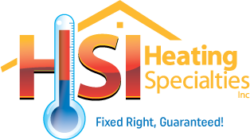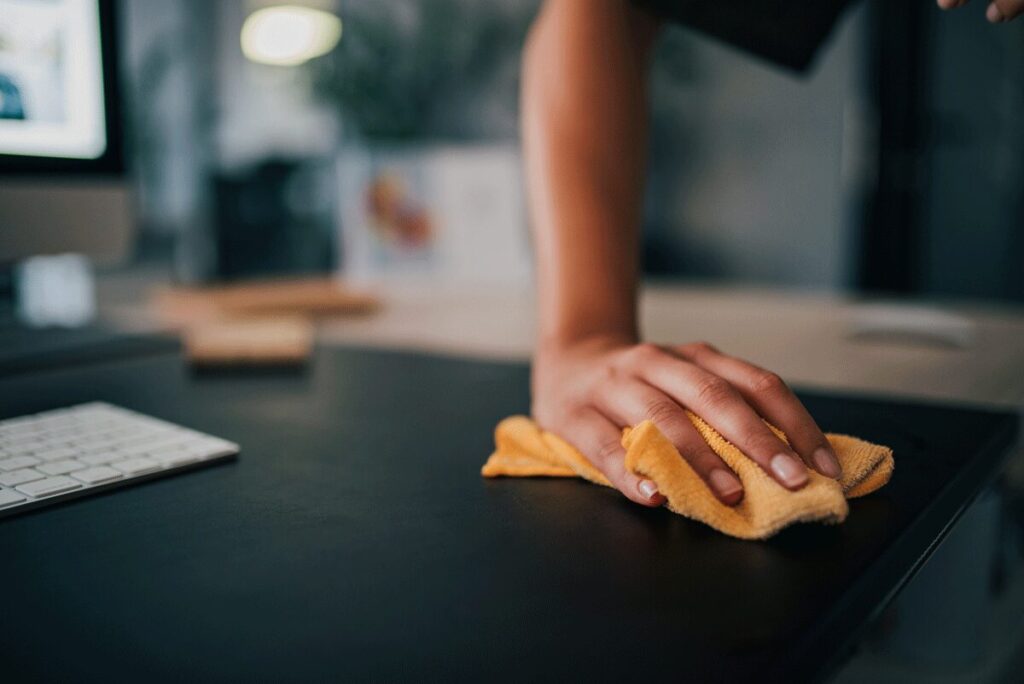Take a deep breath. What did you just inhale? According to the United States Environmental Protection Agency, you could have just breathed in pollutant particles like smoke, asbestos, household cleaners, excess moisture, radon, bacteria, or viruses. Indoor air quality can affect our overall health, causing irritation or damage to our respiratory system when the air isn’t as clean as it could be. Fortunately, Heating Specialties of South Jersey, has a few tricks to clearing the air and cutting down on its potential health concerns. Read on to learn how you can breathe easier at home.
Stop smoking indoors
Tobacco smoke is a major source of indoor air pollution. If you smoke, take it outdoors, or better yet, look into kicking the habit for good. But tobacco’s not the only smoke you need to worry about. Fireplaces, wood-burning stoves, and even candles may release irritating pollutants. Make sure your home is well-ventilated and use these items judiciously in the winter.
Don’t let the dust settle
What’s in that layer of dust on your coffee table? Dust can include dead skin cells, dust mites, dead insect particles (ick!), pieces of hair, fabric, carpet, or clothing, as well as pet dander or pollen. If you have a carpet in your home, it may be housing those nuisances as well among the carpet fibers. Pull out the dusting supplies and vacuums and clean your home at least weekly. Throw your bedding in the washing machine as well to rinse away the dust and dander.
Switch to natural cleaners
Your home may smell clean, but your chemical-based cleaners could also contain harmful chemicals that linger in the air. Instead, pick up some non-toxic or organic cleaning products that do the job without adding more indoor air pollutants.
Watch for moisture around your home
Do you see water in the corners of your basement? Does your bathroom stay musty after a shower? Damp areas around your home are prime breeding spots for mold and mildew. Make sure those areas are properly ventilated, even if that means you have to crack a window open or install a better exhaust fan.
Make sure you’re using a clean HVAC air filter
If your HVAC system uses forced air, it’s going to also have an air filter that acts as the first line of resistance against outdoor pollutants and particles. Your HVAC system’s air filter should be replaced according to the manufacturer’s directions – usually at least every three months. As an added bonus, a clean air filter makes it easier for your system to draw in air, which can result in less work for your HVAC system and lower energy bills for you.
Talk to Heating Specialties about air quality solutions
If you’re concerned about your home’s indoor air quality, Heating Specialties can recommend various air quality solutions. These include mechanical air filtration systems, increased ventilation, air cleaners, air purifiers, UV germicidal lights, or ionization devices. Your Heating Specialties consultant can diagnose your home and suggest indoor air quality products that meet your needs and your budget.
We’ll be indoors for a while yet this winter in South Jersey. Make sure your indoor air is keeping you comfortable and healthy with indoor air quality solutions from Heating Specialties. You can reach Heating Specialties at (866) 923-2653, or you can conveniently book an appointment online now. Protect your lungs – and your family’s well-being – with Heating Specialties.

